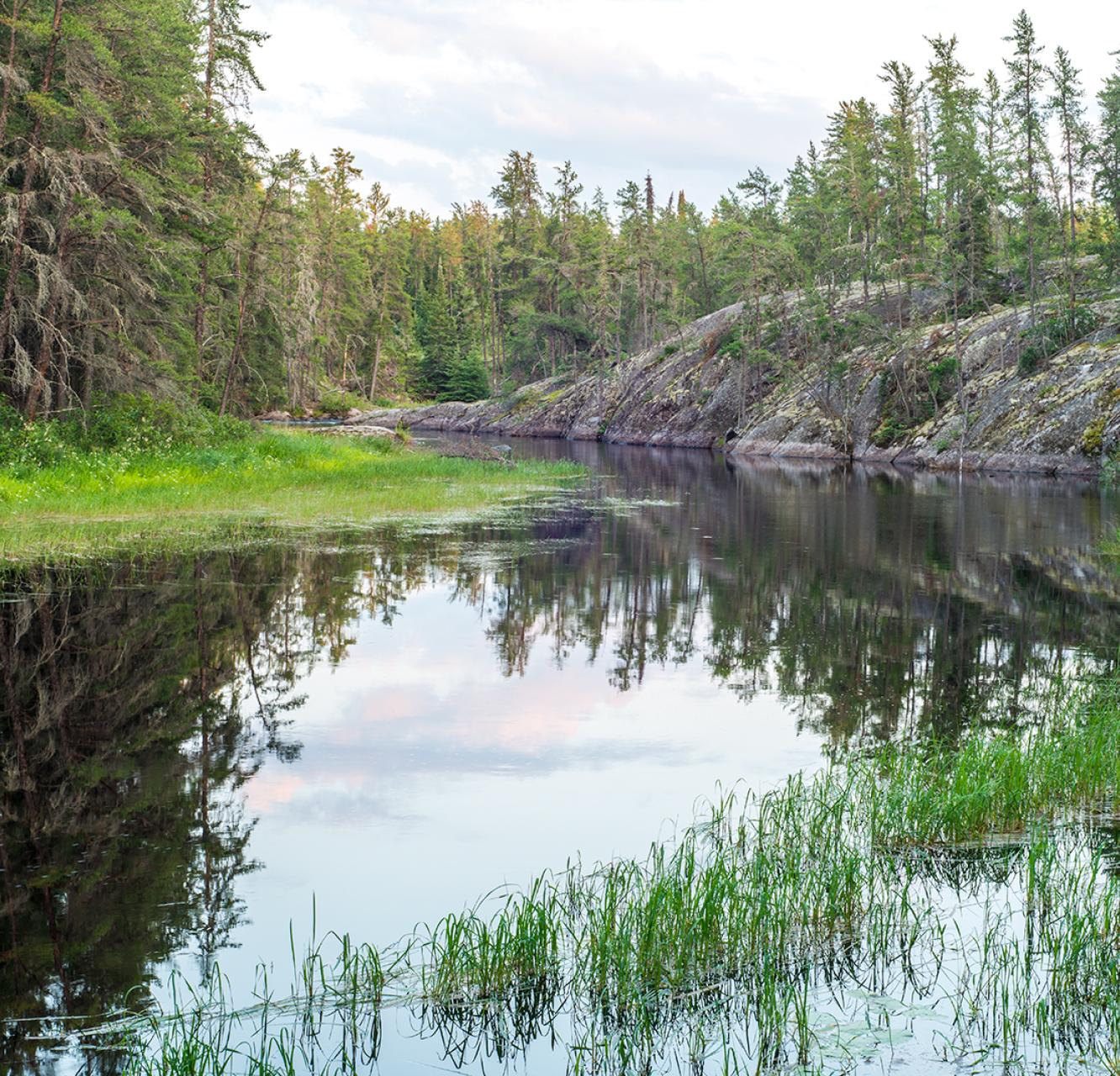Manitoba not immune to biodiversity decline
Wednesday, May 8, 2019
Shrinking numbers of moose, whip-poor-wills and bumble bees — and even the trend of deer, racoons, Canada geese and coyotes taking refuge in cities — are signs of human impact on nature, say local environmental experts.
On Monday, the United Nations released most comprehensive report yet on biodiversity and species depopulation, saying one million species are at risk of extinction due to human activity, and Manitoba is not immune.
Eric Reder, spokesman for the Wilderness Committee — Manitoba, said the UN report links "the sheer volume of animals that don't exist anymore" with the overall health of all life on the planet.
"The underlying message is that with the loss of species and biodiversity, we're risking the collapse of human society," Reder said.
According to Canada's Species at Risk public registry, 89 species in Manitoba are either endangered, threatened, or a special concern. One-third of them are endangered.
One is extinct: the passenger pigeon; one is locally extinct: the greater prairie chicken.
Songbird populations are being hit particularly hard, as are birds, in general. The Species at Risk registry shows the barn and bank swallows, chimney swift, eastern whip-poor-will and nighthawk as threatened, while the burrowing owl is endangered.
"People used to hear whip-poor-wills calling (at night). That's not happening in many places any more," Reder said.
Moose populations are shrinking, and animals such as polar bears and woodland caribou are threatened. As well, more animals are finding nesting grounds inside the city, possibly due to the destruction of natural habitat.
"How many kids in Manitoba, under the age of 18, have never seen a moose?" Reder said.
Humans, who make up a hundredth of one per cent of the entire biomass on the planet, have reduced the biomass of plant life such as trees by half, said University of Manitoba biology Prof. Kevin Campbell.
Wildlife populations have plummeted to a biomass of 15 per cent what they once were, he said.
Despite those numbers and the new United Nations report, some experts are pessimistic people will change.
"People still think they can pick and choose what science they want to believe, but science is not a belief system... (it's) a fact," said Campbell, citing the recent battle over the federal carbon tax as an example.
It shouldn't even be called a tax, Campbell said, as about 75 per cent of people will make more in the rebate than they will pay.
"I make money from it," he said, as both he and his wife cycle to work and their children walk to school. "It's simply a tool to change behaviour."





